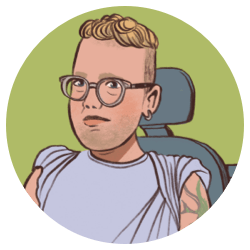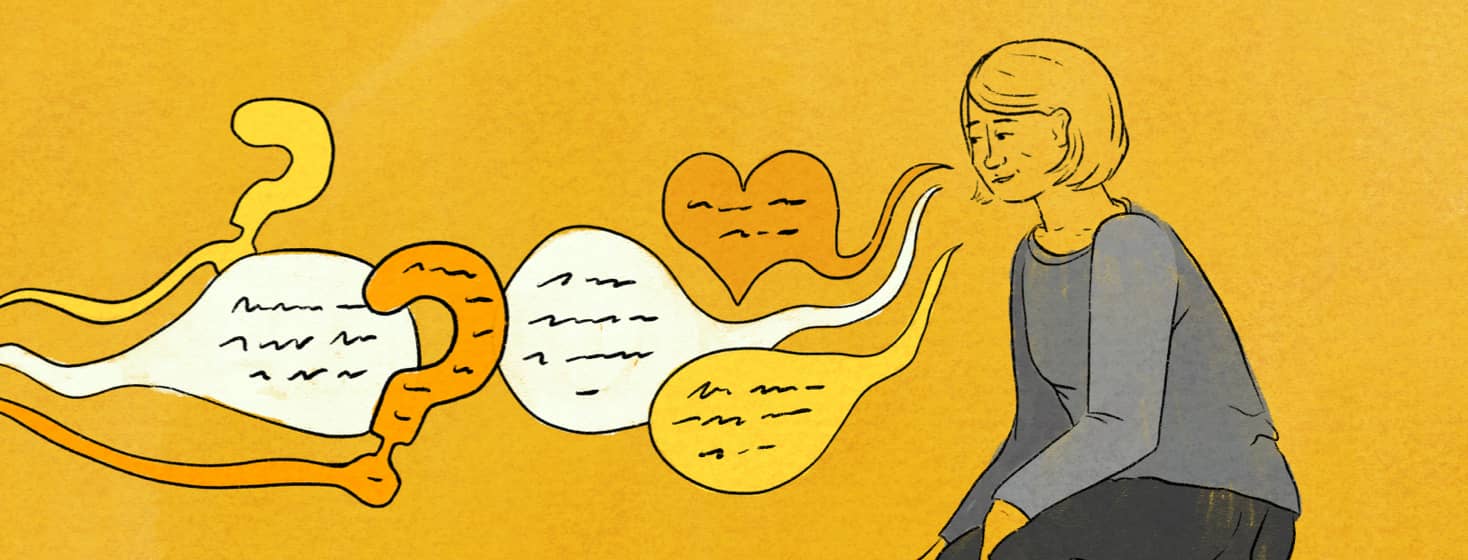For Parents: Advice on Talking to Young Children About SMA
It can be challenging as a parent to tackle difficult conversations with children and young adults about spinal muscular atrophy or disabilities. We reached out to our team of advocates here at SpinalMuscularAtrophy.net to gather advice based on their own experiences.
We asked our team of advocates: What advice do you have for parents to talk to young children about SMA?
Include your children in the decision-making process
Mike: Start explaining to them on their level what is wrong with them as a first step. As they get into their teen years, include them in decision-making regarding treatment, operations, and other health issues.
As they get closer to 18, their decision-making weight should increase. Remember this is their body, it’s going to be their responsibility to make these decisions throughout the rest of their life.
By including them at a younger age you’ll be giving them the skills they’ll need to take care of themselves. Their decisions might not always align with yours. Find out what’s driving their decisions. Talk it through.

Embrace SMA and talk with children about it
Chaz: Most importantly, don’t be afraid to actually talk with your children and keep them involved with their care and doctors. Protecting them from something that’s real and happening to them is only going to make the conversation more challenging and harder for them to accept their disability.
Your child knows they are different. There’s no hiding it. So it’s best to be open but also super positive. Let them know that a great life is still achievable.
Together, come up with a fun way to explain SMA to their friends and family so they don’t feel uncomfortable. This is a journey you’re on together.
SMA isn’t just the person with the disability or the parent. It affects everyone differently but it can also be a beautiful thing to embrace, not shy away from.

Celebrate differences
Allie: When bringing up any disability with a child, make sure that the child is aware that the person with the disability is just like them they just have to use different ways to live.
Children can sometimes be afraid of different people, and it’s important to show that a wheelchair or scooter isn’t scary or a toy. Showing children when they are young that it is ok to ask polite questions and that wheelchairs are independent and freedom rather than scary can help them learn how to be lifelong allies to those with disabilities.
I also think it is important for children to learn that all bodies are amazing and gross and wonderful and weird and that just because someone does things differently, it does not mean that it should be looked down upon. Bodies are all different and should be appreciated!

Join the conversation